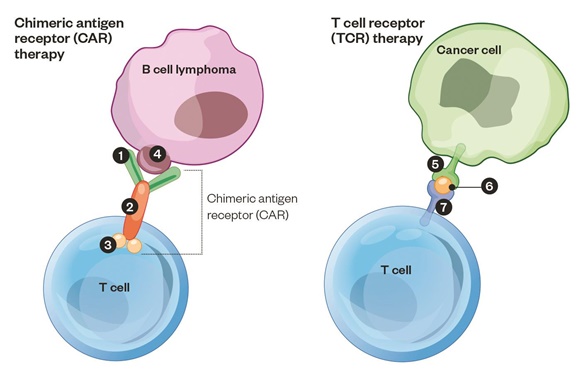Biography
Dr. Miklos is a physician-scientist who has established a human translational immunology research group that fosters the development of both laboratory immunologists, and clinical translational researchers. His laboratory research focuses on 1) B cell reconstitution after allogeneic hematopoietic cell transplantation (alloHCT) 2) Lymphoid neoplasia minimal residual disease (MRD) quantification using Immune receptor high throughput sequencing technology 3) Prevention and treatment of chronic Graft versus host disease (cGVHD) and 4) CAR-T Cancer Cell Therapies. With his promotion to Associate Professor Spring 2016, he became Clinical Director of Stanford’s Cancer Immunotherapy program and Stanford’s Parker Institute for Cancer Immunotherapy (PICI). These aligned Immunotherapy clinical research groups focus on implementing human Chimeric Antigen Receptor Therapies (CAR-T), developing comprehensive clinical databases with linked biorepositories from industry sponsored and investigator initiated clinical trials. Dr. Crystal Mackall directs Stanford’s Center for Cancer Cell Therapy. Drs. Mackall and Miklos are two proven physician-scientists that synergize skills as pediatrician and adult oncologist that combine lab and clinical expertise daily. We have leveraged our comprehensive and established BMT program to provide Cancer Cell Therapy (CCT) clinician, research and laboratory expertise. Stanford CCT will advance cancer immunotherapy knowledge pursuing reiterative clinical trial research with biobanking and clinical databases to support innovative informative correlative studies including our bispecific CAR19-22 phase I trial and commercial CAR19 Therapies described herein.
Session Abstract – PMWC 2020 Silicon Valley
CAR-T cell therapy has evolved from an arcane approach under study in a handful of academic centers to a commercialized immunotherapy that is now being integrated into standard cancer care. The session will highlight some of the recent scientific advances that have begun to define major mechanisms of resistance to CAR-T cell therapy in B cell malignancies and identify the challenges that need to be addressed if these agents are to find broader applications in other hematological cancers and solid tumors.









